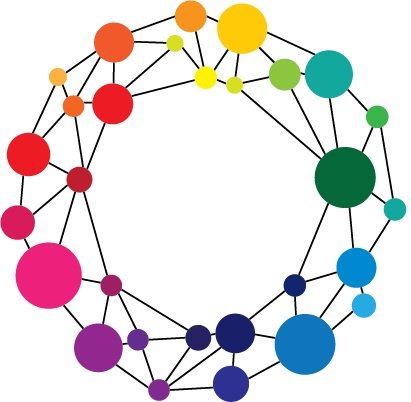The Opp and Tulsa Public Schools are teaming up with local youth-serving organizations to supplement summer academic programs at select sites with an additional three hours of enrichment activities!
Summer Enrichment 2025
We are excited to announce the following partners delivering enrichment experiences during Summer Learning 2025!
Hoover Elementary School
Community Partner: Youth At Heart
Enrichment Partners: American Song Archives, Clark Youth Theatre, Global Gardens, Hot Toast, Tulsa Zoo
Tulsa EnrichED clubs include: Chess Champions, Mind and Body, and Story Explorers
Participating schools: Bell Elementary, Council Oak Elementary, Lanier Elementary, Lindbergh Elementary, Mayo Demonstration School, McArthur Elementary, and Skelly Elementary
Unity Learning Academy
Community Partner: Youth At Heart
Enrichment Partners: American Song Archives, Clark Youth Theatre, Global Gardens, Hot Toast, Tulsa Zoo
Tulsa EnrichED clubs include: Sharpen Your Skills, Pokemon Club, and Zen Zone
Participating schools: Anderson Elementary, Celia Clinton Elementary, Felicitas Mendez International, Hamilton Elementary, Hawthorne Elementary, Sequoyah Elementary, Springdale Elementary, and Whitman Elementary
Wayman Tisdale Fine Arts Academy
Community Partner: Terence Crutcher Foundation
Enrichment Partners: American Song Archives, Clark Youth Theatre, Global Gardens, Hot Toast, Tulsa Zoo
Participating schools: Burroughs Elementary, Clinton West Elementary, Eugene Field Elementary (3rd-5th grade), Greenwood Leadership Academy, John Hope Franklin Elementary, Robertson Elementary
Memorial Middle School
Community Partner: Youth At Heart
Enrichment Partners: Camp Fire Green Country, Education for Scholars, SWAT Meet, Inc.
Tulsa EnrichED: Nintendo Club, The Sound Safari, Don’t Post That, Ink & Insight, and The Fundamentals of Basketball
Monroe Demonstration Academy
Community Partner: Youth At Heart
Enrichment Partners: Camp Fire Green Country, Clark Youth Theatre, Education for Scholars, SWAT Meet, Inc.
Tulsa EnrichED clubs include: Ink & Imagination, Summer Sports Squad, and Creative Art Journal Writing
Rogers Annex for East Central Middle School
Community Partner: Youth At Heart
Enrichment Partners: Camp Fire Green Country, Education for Scholars, SWAT Meet, Inc., Tulsa Theatre Works
Tulsa EnrichED clubs include: The Poetry Playground, The Script Squad, Inspirational Art, and Lights, Camera, Action!
Rogers Middle School
Community Partner: Tulsa Debate League
Families of students identified for targeted academic support this summer have already been sent invitations to enroll.
With the expanded programming made possible by our community partners, families at these sites will receive separate invitations to sign-up for afternoon enrichment activities.
Register to Attend Friday Fundays (FREE!):
USA BMX
For 4th - 8th Graders
Spend your Friday riding, racing, and exploring the world of BMX! Designed for riders of all skill levels, this camp combines hands-on BMX training while also engaging Science, Technology, Engineering, Art, and Math (STE(A)M) activities. Whether you're new to BMX or looking to improve your skills, we offer an exciting and educational experience.
The Common Good
Camp is open to all HUB youth grades PreK4 to 5th grades in the 74127! The Common Good’s Summer Camp host Fun Fridays each Friday which consist of full-day programming that centers on play, literacy, and social emotional health. Each day, The Common Good will host camp parties where students get the opportunity to participate in exciting activities like a talent show or skits, team-building activities, and more. Throughout the month, they have field trips planned with some exciting partners throughout Tulsa.
Tulsa Zoo
In partnership with The Opportunity Project, Tulsa Zoo is excited to offer single day camps at no cost to students in Kindergarten-5th grade enrolled in Tulsa Public Schools elementary schools. Camp includes breakfast, lunch, snacks, aftercare, and a camp t-shirt. Join us on a wildlife adventure while we explore the world around us, make new friends, and celebrate nature! All camps feature age-appropriate programs, tours, games, creative projects, up-close animal encounters and so much more!
























